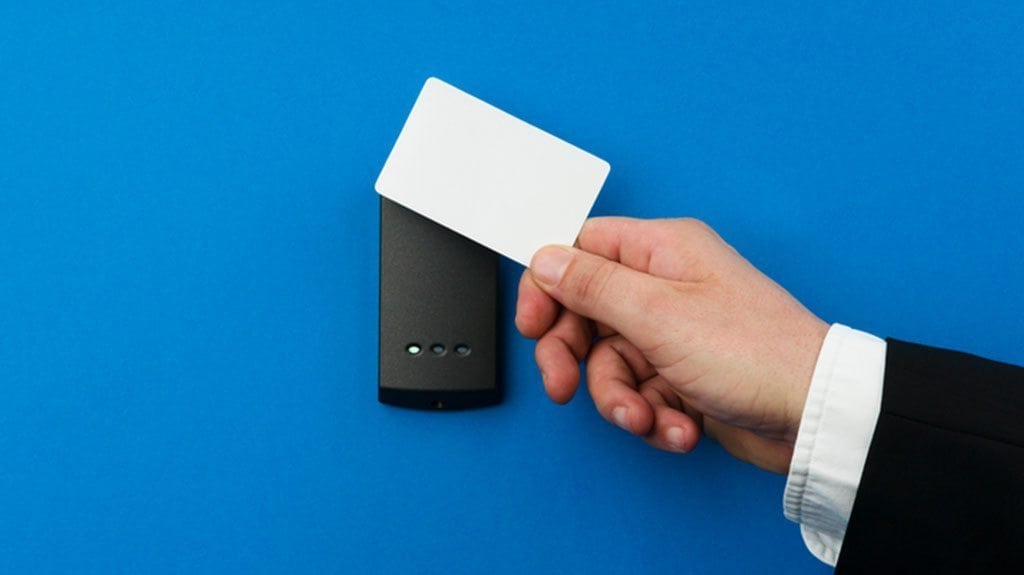In recent years, RFID has made quite a splash in the hospitality industry. Notably, Disney rolled out an extensive RFID program at Disney World, using the technology to store data on visitors, simplify payments, and cut down on wait times. RFID, or “radio-frequency identification” tags, store information onto a tiny chip that is typically read via contact or proximity with a sensor device. RFID technology is used in animal microchipping, some public transit cards, and even Canadian passports.
Though Disney’s usage of RFID is one of the most intricate and impressive, many other destinations can easily adopt the technology for their own use and gain. Here is why hospitality management professionals will love using RFID.
Simplify Security With RFID
Guests at hotels expect effective locks on their doors, but many options used for keys carry inconveniences. If a physical key is misplaced, creating a replacement can be difficult. Keycards with magnetic stripes can be replaced easily, but often become demagnetized.
RFID offers solutions to these problems. They hold their information well, so they will need to be recharged less often. They are also just as easily replaced by magnetic stripe cards. Best of all, operational costs for RFID are no more expensive than magnetic keycards and offer the same level of security.
If you decide to open your own hotel after hospitality management training, you will likely find that the level of security and ease of use offered by RFID makes it the best solution for a lock system.
You’ll Love How RFID Deters Theft
According to The Telegraph, the number of towels stolen from a hotel can be anywhere from 5 to 20 percent of stock every month. This can lead to replacement costs in the thousands of dollars. With RFID, it’s possible to cut theft of towels and other objects down to much lower levels.
According to The Telegraph, waterproof RFID tags that can be sewed onto material have been created to fix this problem. An alarm sounds when an individual tries to remove a tagged object from a destination’s grounds, which helps deter theft. A Hawaiian hotel chain that adopted the technology prevented close to $15,000 of theft per month after tagging their towels.
As you will learn in your hospitality management program, loss prevention is a serious concern in the hospitality industry. By employing RFID technology to track linens, you could potentially cut costs and improve the bottom line of your place of work.

An RFID system can alert hotel management professionals when towels are being stolen
With a Little Planning, RFID Can Make a Guest’s Stay Magical
Disney’s use of RFID could serve as an inspiration to other hospitality teams looking to give their guests an unforgettable experience. By using RFID, hospitality professionals could create an effortless experience for guests, which in turn could translate into more enthusiasm for a stay, and possibly into more money spent.
RFID can hold many kinds of data, which means that it can offer many possibilities for hospitality professionals. A single card could serve as a room key, payment method, and preference tracker provided the right network of sensors and software was implemented. Even things like room temperature and meal choice can both easily be tied to an RFID card. For a guest, ordering exactly what they want can be as simple as walking into a room.
If your future place of business has the funds to implement such a system, you may find that RFID can improve everything from food and beverage service to housekeeping operations, and make a guest’s experience feel like magic.
Visit Academy of Learning Career College to learn more about our programs.






